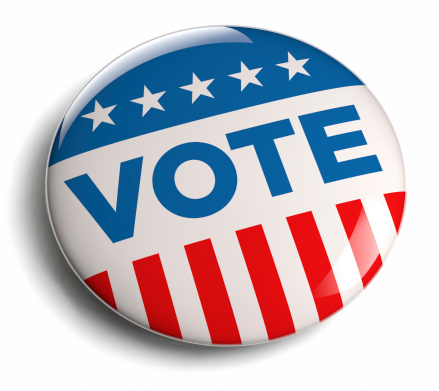About 50 Indian Creek High School students will get to hear from and question the three candidates vying to be the next governor of Indiana.
Republican Eric Holcomb, Democrat John Gregg and Libertarian Rex Bell will take part in the event, which kicks off the political debate season, at 10:30 a.m. today at Lawrence North High School in Indianapolis.
Their audience: high school students from seven area schools.
The students — some of whom will get the chance to vote for the first time this fall — submitted questions beforehand.
Indian Creek High School jumped on the opportunity once it came up, principal Luke Skobel said.
“We are very excited to get our students engaged in the democratic process,” he said. “It’s an opportunity a lot of people don’t have.”
Schools were picked by Indiana Kids’ Election, a group that educates students about the election process, including through mock elections. The other high schools taking part are Arsenal Tech, Columbus East, Franklin Central, Lawrence Central, Lawrence North and Shortridge. University of Indianapolis professor Laura Merrifield Albright will moderate. A live video will be available on YouTube for other schools not attending.
Being able to be part of the event and have the candidates answer their questions helps students see that they aren’t disconnected from the process, Indian Creek High School social studies teacher Kyle Vorhies said.
“We tend to put all of the focus on the presidential election and that is what gets all the attention,” he said. “Local politics and state politics has more of an influence on our day to day lives.”
The past few weeks, students in Vorhies’ government classes have been learning about different political ideologies and have taken quizzes to see where they fit on the political spectrum, he said.
Many of the students will be eligible to vote for the first time this fall. Vorhies’ classes included a walkthrough on how to register to vote.
Some of the questions local students submitted for the event included ones about the Religious Freedom Restoration Act, a controversial law to protect religious rights, and what the future holds for workers in industries likely to be replaced by new technology, Vorhies said.
“It wasn’t until this year that they really put any thought or mind into issues that pertain to politics,” he said.





